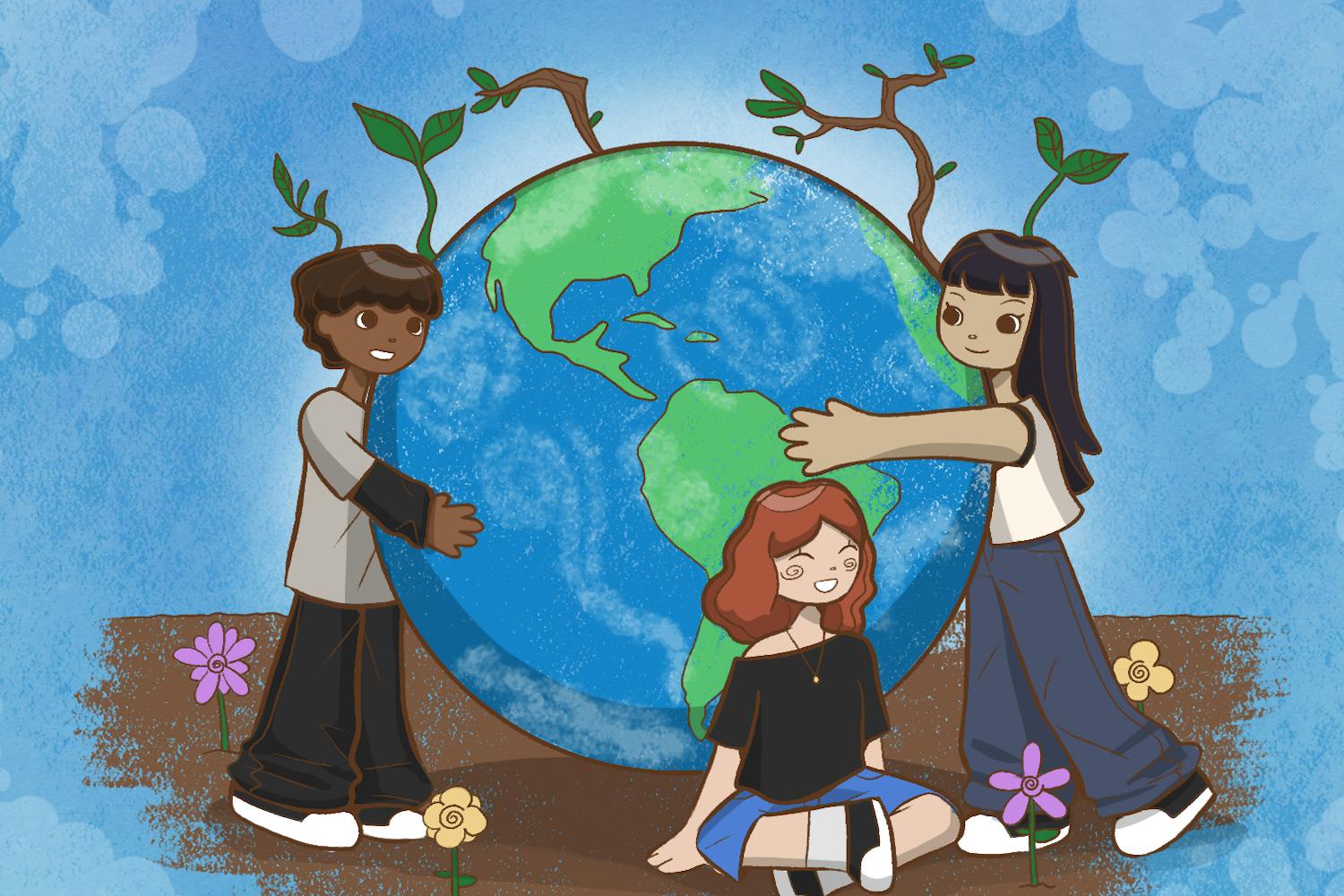Let’s talk about beautiful things.
An obvious one is the ocean. It’s so expansive and serene — a green-blue sheet against a backdrop ranging from black to orange to bright blue. We would describe the ocean as beautiful based on its aesthetics, its smell or any other array of the five senses that are ignited in its presence.
If we wanted to be brief, we would say that the ocean is beautiful because it simply is, and that’s all there is to it.
Or that appears to be it. Recently, I frustrated a good friend of mine by explaining why I loved the ocean. This good friend happens to be a scientist like me, one that deals with particle physics on a more intricate level than I could ever handle.
I explained with a goofy grin that I love the ocean because it made me feel empowered to stand on the cusp of something — something that ebbs and flows so dependently on the orientation of the Earth, moon and sun. It was like I was watching the Earth shapeshift in real-time.
This puzzled him. I pressed him and asked him why none of that made it beautiful or more meaningful for him, but I could see in his eyes that it just wasn’t computing.
He knew as well as I did the mechanics of the tides, but it didn’t spark in him the same fire. This is a guy who studies the foundations of mass, force and energy. I couldn’t get him pumped up about cosmic causality. He insisted that he simply liked to look at it and not think about all of that, to just “take it as it is.”
I thought to myself, "Why do I continually feel so alone in my marvel at the universe?"
Why do I feel like I’m the only one even within my own scientific community to practically fangirl over everyday phenomena? Why can’t raw science and raw beauty complement each other?
I know this is not the experience of every scientist, and I only say it because of my experiences with other professors, scientists and science students.
In my 15 years of education, I have not once watched documentary that featured a scientist nearly as stoked about science as Ms. Frizzle from "The Magic School Bus" or Bill Nye the Science Guy.
In each of my classes and labs, it’s never about how cool it is to synthesize chemicals that can be found on the outskirts of our galaxy or how fascinating it is that our brain’s billions of little cogs and screws somehow create a conscious experience.
How come everyone else doesn’t live every day totally in awe of our existence?
I often feel silly reflecting so often and doing what my friends call “thinking too much.” I usually brush it off.
My friends admire aesthetics; I admire the intrinsic value of aesthetics and its patterns of proportion. Some desire gold; I desire the golden ratio.
When you get down to it, we all like pretty things. Maybe I just don’t believe in a “face value,” because I think of a “face” as something different than a surface.
The next time you look at majestically beautiful pictures of space, I challenge you to learn more than you know about the universe.
Whether it’s the composition of stars and the journey of the light they emit, how massive yet delicately detailed the universe is or how the Hubble takes into account our limits of perception to create fantastically ornate pictures of what we would never interpret with our bare retinas, make your experiences more meaningful.
Find the intersection between fascination and beauty. Or at least try, for my sake. It’s lonely over here.
Reach the columnist at ameschko@asu.edu or follow her at @alishameschkow
Want to join the conversation? Send an email to opiniondesk.statepress@gmail.com. Keep letters under 300 words and be sure to include your university affiliation. Anonymity will not be granted.



